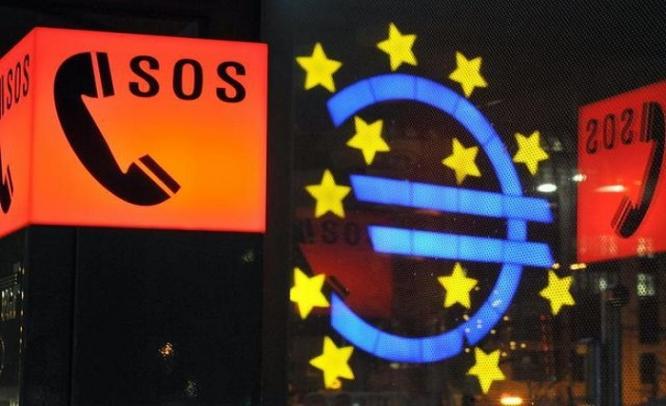TeleTrade believes that the decision will delay economic reforms by Eurozone members
February 3, 2015: The European Central Bank (ECB) on January 22 said that it will expand its asset purchase programme to €60 billion a month starting from March 2015 until September 2016. In aggregate, the asset purchasing programme will be over €1.1 trillion.
The volume of the bond-buying programme is larger than expected by analysts. Analysts had expected ECB President Mario Draghi to announce an asset purchase programme of €50 billion a month.
The ECB president has said that the ECB’s bond-buying programme is directed to tackle the low inflation and to revive the economy in the Eurozone.
Inflation in the Eurozone dropped to an annual rate of -0.2% in December, the lowest level since October 2009. But the decline in inflation was driven mostly by falling oil and energy prices. Falling oil price also might have a positive impact on the economy. It is kind of stimulus measures. Private households have more money to spend. Households’ consumption could increase.
What happened to the euro after the announcement of the ECB’s further stimulus measures? The euro dropped against the greenback. The euro is trading about $1.1235 now.
Export companies will benefit from the weaker euro, but import goods, which traded in the US dollar, will be more expensive. This also applies to the oil price. A weaker euro will reduce the positive impact of lower oil prices.
The ECB has also said that it will provide markets with more liquidity. There is enough liquidity in markets due to the previous stimulus measures by the ECB.
The ECB’s aim to revive Eurozone’s economy is right, but the stimulus measure might be wrong. Countries need reforms. They try to implement or they have already implemented some reforms. The quantitative measures by the ECB might lead to the delay of these reforms.
It can be concluded that the ECB’s decision has more negative aspects than positive.
TeleTrade International Consulting Ltd is based in Cyprus
Also Read:

